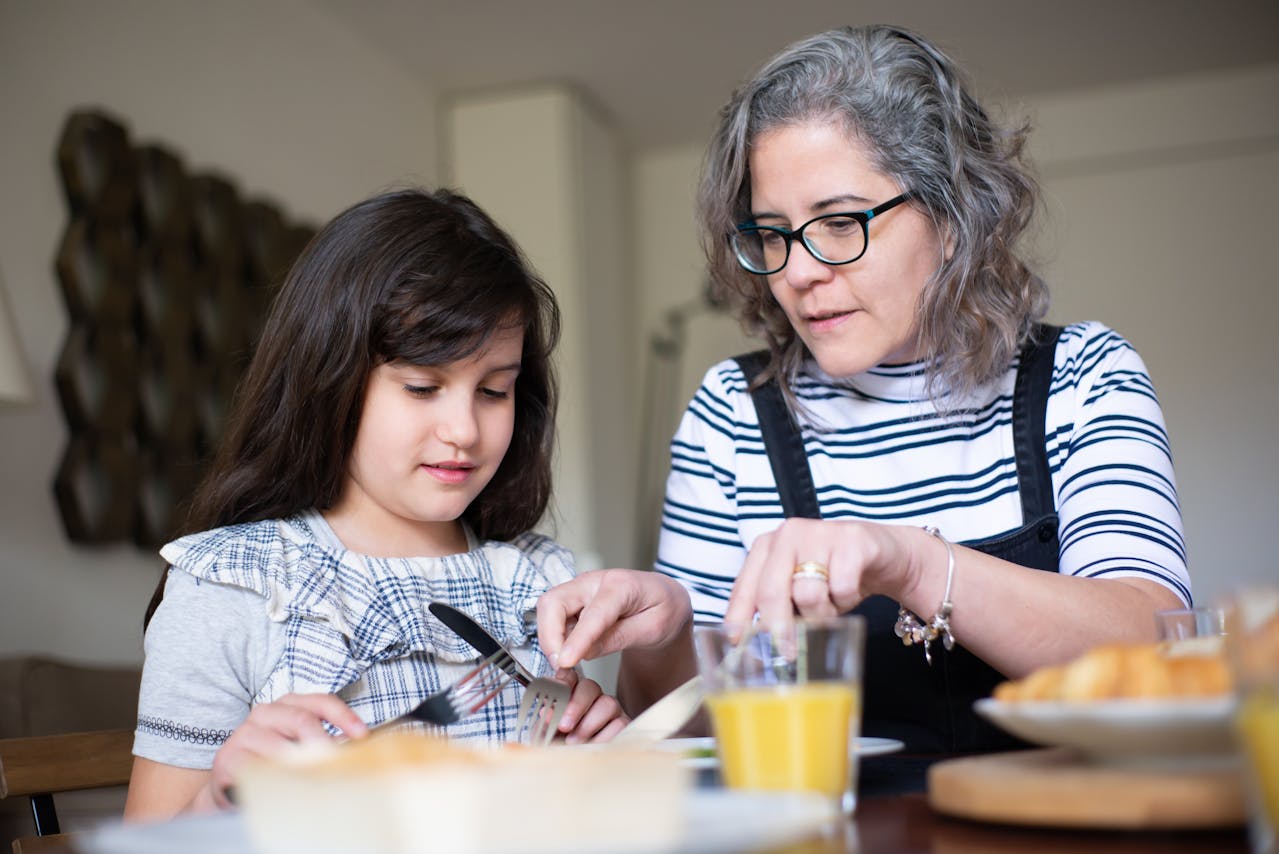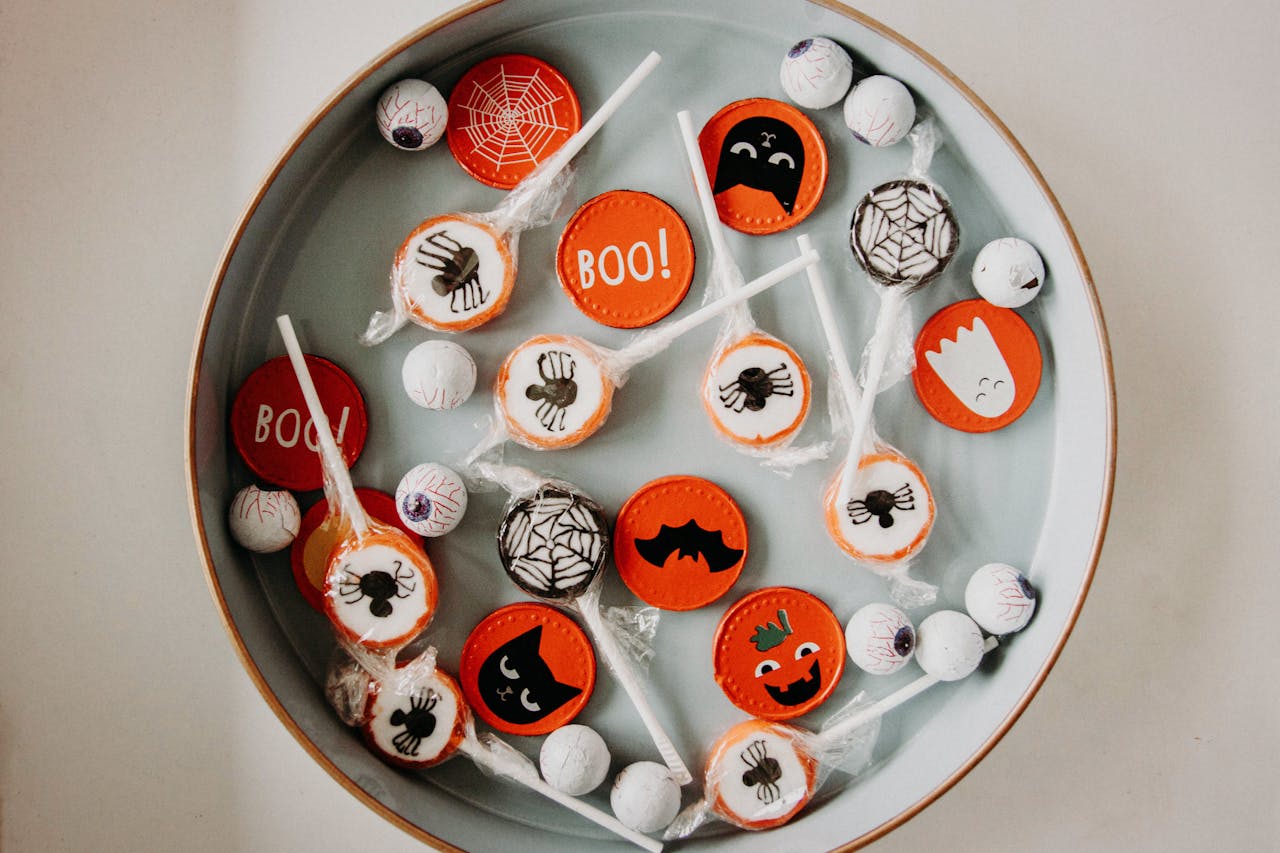Raising kind, thoughtful kids is less about teaching “rules”- it’s about helping them understand respect, empathy, and how their actions affect others. Parents often ask: What are the most important manners for children? While there are countless ways to nurture polite kids, these 10 essential manners are a great place to start.
Whether you have toddlers, preschoolers, or grade-school kids, each of these lessons can be woven into daily life in age-appropriate ways. And the best part? Practicing manners can actually be fun! Make sure to positively reward children with praise when they show effort in using these good manners:
1. Saying “Please” and “Thank You”
It may seem simple, but expressing gratitude is one of the most powerful ways kids learn respect. Teaching children to say “please” when asking and “thank you” when receiving helps them recognize kindness in others and builds their own empathy.
For a fun way to teach this at home, check out this Mini Manners episode on saying “please” and “thank you” —kids love its songs and colorful characters.
2. Making Eye Contact and Smiling
Even young children can practice looking at someone when they speak and offering a warm smile. These small gestures help build confidence and connection.
3. Using Indoor Voices
Teaching kids how to adjust their volume shows awareness of others and helps them thrive in classrooms, restaurants, and shared spaces.
4. Taking Turns and Sharing
Learning patience and generosity early helps children develop stronger friendships and teamwork skills.
5. Apologizing When Necessary
A sincere “I’m sorry” can go a long way. Explain that mistakes happen, but taking responsibility is what matters most.
6. Respecting Personal Space
Even toddlers can learn about boundaries—knocking on doors, not interrupting, and asking before touching someone else’s belongings are great starting points.
7. Table Manners Basics
Start with simple habits like chewing with mouths closed, using napkins, and waiting until everyone is served to begin eating.
8. Introducing Themselves Politely
Teaching kids to say, “Hi, my name is [name]” helps them feel confident and makes social interactions easier.
9. Showing Gratitude Beyond Words
Encourage thank-you notes or drawings for teachers, family members, or anyone who shows them kindness. It reinforces appreciation in a memorable way.
10. Helping Others
Holding the door, picking up dropped items, or offering to help set the table teaches kids that good manners are about thoughtfulness, not perfection.
Manners aren’t about being formal or rigid—they’re about kindness. Small, consistent lessons can have a big impact on your child’s confidence and empathy.
If you’re looking for more fun ways to teach manners at home, check out Mini Manners on YouTube for short, engaging episodes made for kids aged 2.5 to 6.
By starting early and keeping things lighthearted, you’ll help your children grow into thoughtful, respectful, and compassionate adults- one “please” and “thank you” at a time.



